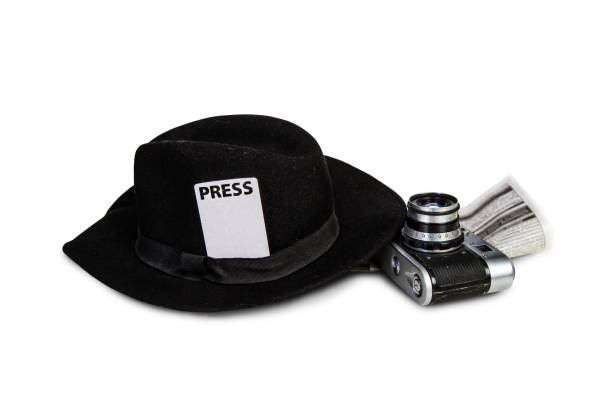The Dangers of Blackhat Fake Wendy’s Coupons: What You Need to Know
In today’s digital age, online deals and discounts have become an essential part of consumer shopping habits. However, with the rise of digital offers, there has also been a significant increase in scams and fraud. One such scam that has been gaining attention is the use of blackhat fake Wendy’s coupons, which are designed to trick consumers into giving away personal information or making fraudulent transactions. In this article, we will dive into what these fake coupons are, how to spot them, and how to protect yourself from falling victim to such scams.
What Are Blackhat Fake Wendy’s Coupons?
Blackhat fake Wendy’s coupons are counterfeit discount codes or promotional offers that appear to be legitimate but are actually created by fraudsters. These fake coupons are often promoted through suspicious websites, social media ads, or pop-up banners that seem to offer enticing deals, such as free meals, large discounts, or exclusive menu items at Wendy’s. The goal of these scammers is to lure you into clicking on a link that either installs malware on your device or prompts you to provide personal information, such as credit card numbers, passwords, or other sensitive data.
How Do Fake Wendy’s Coupons Work?
Fake Wendy’s coupons can take various forms, but they generally work in a few key ways:
- Phishing Scams: These fake coupons may redirect you to a website that looks exactly like the official Wendy’s website, but is actually a fraudulent page. Once on the site, you may be asked to enter personal details or complete a survey that promises free food but leads to a data theft.
- Malware Installation: In some cases, clicking on a fake coupon link or downloading a suspicious file could result in malware being installed on your device. This malware can steal sensitive data, monitor your online activity, or even lock your files for ransom.
- Fake Sweepstakes or Giveaways: Some scammers create fake Wendy’s coupon giveaways that promise huge discounts or free meals in exchange for participation. The catch is that the form asks for personal information, which the scammers can later use for fraudulent purposes.
How to Spot a Fake Wendy’s Coupon
It’s important to stay vigilant and be able to recognize signs of a fake coupon. Here are a few things to look out for:
- Unusual Offers: If a coupon promises a deal that seems too good to be true (e.g., a free meal with no strings attached), it probably is. Wendy’s often offers promotions, but anything overly generous should raise red flags.
- Suspicious Website URLs: Always double-check the URL of the website offering the coupon. Official Wendy’s promotions will be hosted on wendys.com or other verified Wendy’s domains. If the URL looks odd or is misspelled, it’s likely a scam.
- Requests for Personal Information: Be cautious if you’re asked to provide sensitive information, such as your credit card number, social security number, or login credentials. Legitimate companies don’t ask for this kind of information in exchange for a coupon.
- Poor Grammar or Spelling Errors: Fake websites and emails often have sloppy language, misspellings, or awkward phrasing. Official communications from Wendy’s will always be professional.
- Urgency or Pressure: Scammers often create a sense of urgency to pressure you into making quick decisions. Be wary of offers that say things like, “Limited time only!” or “Act fast before this deal expires!”
How to Protect Yourself
To avoid falling victim to blackhat fake Wendy’s coupons, follow these safety tips:
- Verify Sources: Only trust coupons and deals that come from verified and reputable sources. Always check the official Wendy’s website or their social media channels for the latest promotions.
- Use Security Software: Install and regularly update reliable security software on your devices. Anti-virus and anti-malware programs can help detect and prevent scams.
- Enable Two-Factor Authentication: For added protection, enable two-factor authentication (2FA) on your accounts. This extra layer of security makes it harder for scammers to access your personal information.
- Report Suspicious Activity: If you come across a fake Wendy’s coupon or scam, report it to the company and any relevant authorities. This helps protect others from falling victim to the same fraud.
- Use Credit or Debit Cards: If you need to make a payment online, it’s safer to use a credit or debit card instead of direct bank transfers or sharing your personal bank details.
Conclusion
While the lure of free food or steep discounts can be tempting, it’s important to remain cautious when encountering promotional offers online. Blackhat fake Wendy’s coupons are a serious threat to your personal security, and by staying informed and vigilant, you can protect yourself from falling prey to these scams. Always verify deals, avoid clicking on suspicious links, and report fraudulent activities to ensure a safer online shopping experience.

